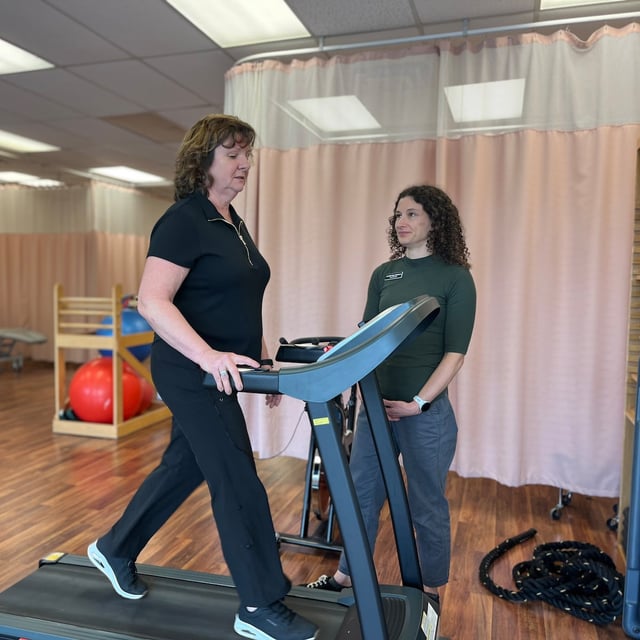Overview
- The CO21 Challenge trial enrolled 889 colon cancer survivors across six countries and showed a structured fitness programme cut recurrence risk by 28% and mortality by 37% after eight years.
- Participants worked with personal trainers every two weeks for a year and monthly for the next two years to achieve at least 10 metabolic equivalent task hours per week, mostly through walking or jogging.
- Analysis found that for every 14 patients in the structured exercise group, one additional death was prevented, matching the survival benefits of many approved oncology drugs.
- The three-year programme costs several thousand dollars per patient and is considered an affordable intervention compared with conventional treatments.
- Researchers reported more muscle strains among exercisers and warned that broad adoption will depend on securing sufficient funding and trained staff to deliver coaching support.



